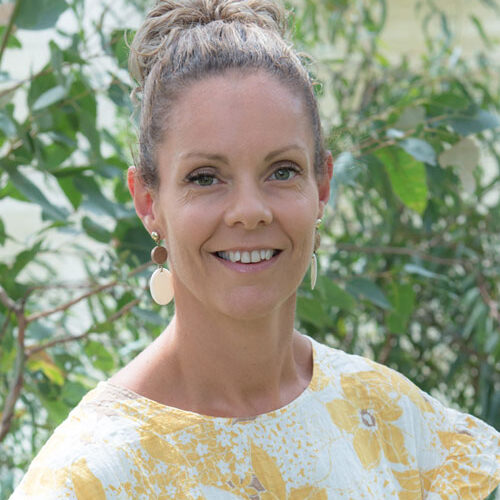Is Shared Care the Best Option for My Child?

Separating from your partner is a big deal and if you have children, you have a lot to work out. One of the biggest decisions you need to make is how you and your ex-partner will share your time with your child. You probably have a lot of questions about parenting arrangements like what is shared care? What do you need to think about and does your child’s age matter?
What is shared care?
Shared care is when your child spends 50% of their time with you and 50% of their time with their other parent. Often, this is done in one-week blocks for convenience, however, there are lots of ways shared care can be worked out, so your child spends equal time with both parents.
What do you need to think about with shared care?
Before you commit to shared care or a 50/50 parenting agreement there’s a lot you and your ex-partner need to consider. It isn’t quite as simple as turning up for change over once a week.
Communication
You are going to need to have a good relationship with your ex-partner. Having a shared care parenting arrangement means that both you and your ex-partner will be responsible for making day-to-day decisions for your child. You are going to be in contact a lot.
Sometimes the decisions you need to make may not be simple or may cause conflict. You and your ex-partner will need to have the communication skills necessary to have a calm, child-focused conversation to make the best decision you can for your child. Generally speaking, shared care will not work if you and your ex cannot communicate in a calm and child-focused manner. In fact, it will be more harmful to your child’s ultimate wellbeing.
Location
In addition to having good communication, for shared care to be successful, you and your ex-partner will need to live close to each other. It may work to live far apart when your child is younger, but as they get older their requirement for transport is going to increase, so location is key.
Remember, you will be driving your child to school and extra-curricular activities, so ideally you want to be within half an hour of each other to limit the commute for your child. Don’t forget that your child will have friendship networks that they will want to maintain and enjoy. If both parents are close to each other they will have that benefit. If parents are not, it will present as a problem.
Commitment
Shared care is a big commitment for both parents. Before you enter a shared care parenting arrangement you both need to be committed to ensuring your child’s life continues in both homes including:
- Attending medical appointments
- Going to school
- Visiting friends
- Participating in out of school activities
During a relationship it is common for one parent to do the primary care, ensuring children get where they need to be. So, it’s critical that the other parent is aware of the level of involvement required before any shared care begins.
Child's best interests
Any shared care arrangements need to consider the child’s best interests. It is generally considered that if both environments are safe, it’s in the child’s best interests to spend meaningful time with both parents.
When deciding if shared care is in your child’s best interests you will need to consider:
- First and foremost, if the communication is good between you and your ex
- Location of the parents
- Your child’s age and maturity level
- The role that each parent has played in your child’s life so far
- The effect of any change on your child’s current circumstance
- If there are any other siblings involved and how that will work
If you are unsure about what’s in the best interest of your child, approaching an experienced family lawyer is a good idea. They can discuss your situation and help you get a better picture of what your child might need and be ready for.
Does your child’s age matter?
Your child’s age and maturity will have an impact on whether shared care is a good idea for your child. If your child is still an infant, a shared care arrangement will not be in their (or your) best interest.
Children under the age of four have higher care needs than older children and you will also need to consider:
- The level and frequency of access up until now
- The attachment your child has with both parents
- Whether your child is breastfeeding
- Whether you can maintain their eating and sleeping schedule
- Any other special needs they have
Typically, different care arrangements work better for children at different ages and stages. Older children benefit from being able to move between homes flexibly, however, structure is still important. This is where good communication is essential.
On the other hand, younger children benefit more from structured care arrangements. Structured care arrangements make younger children feel safe and secure because of their predictability and consistency.
Keep in mind that your parenting arrangement might change over time as your children mature and develop. If shared care doesn’t work for your child right now, that doesn’t mean that it won’t be an option later.
Would you like help working out your shared care arrangement?
Here at Joliman Lawyers, we understand the complexities in working out parenting arrangements can be. There is a lot to think about, and you want to make an arrangement that works for everyone. We provide family coaching, parenting coordination and mediation otherwise known as family dispute resolution to assist families to reach a parenting agreement that works for everyone.
Get in touch today to find out more about how we can help you get through the challenging times.
















